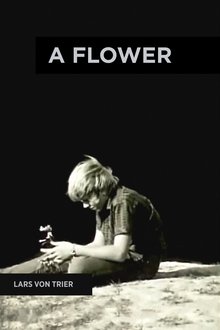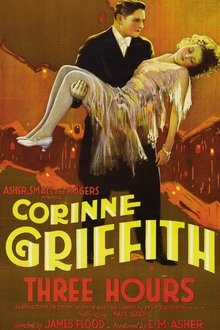Winsor McCay recreates the sinking of the ocean liner Lusitania by a German U-boat in this propaganda piece designed to stir up anti-German sentiment during World War I.
Related Movies
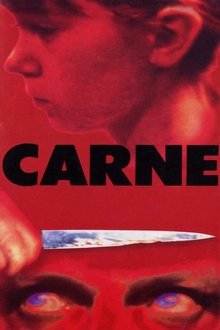
Carne (1991)
After a dreadful incident coupled with an ungovernable paroxysm of violence, a butcher will fall into a downward spiral that will burn to the ground whatever dignity still remained in him.

Speed 2: Cruise Control (1997)
A disgruntled former employee hijacks the Seabourn Legend cruise liner. Set on a fixed course, without any means of communication and at the mercy of the hijacker, it's up to the one cop on vacation, and his soon to be fiancé (hopefully) Annie, to regain control of it before it kills the passengers and causes an environmental disaster. Insurmountable and daunting tasks awaits them on their perilous journey throughout the ship trying to fend off the hijacker and save the passengers.
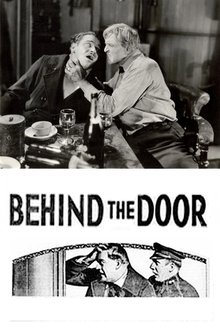
Behind the Door (1919)
Oscar Krug is looked upon with suspicion by his neighbors because of his German name. When the US is drawn into the war with Germany, he enlists and travels the seas with his wife, Alice Morse. During a submarine attack Alice is snatched from Krug's side by a German officer. Krug now lives to have his revenge, and when the opportunity presents itself, he will have it.

The Bright Shawl (1923)
Charles Abbott is implicated in the death of his friend Escobar, brother to the woman he loves.
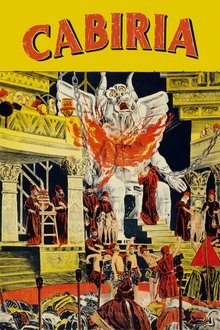
Cabiria (1914)
Young Cabiria is kidnapped by pirates and sold as a slave in Carthage. Just as she's to be sacrificed to Moloch, Cabiria is rescued by Fulvius Axilla, a good-hearted Roman spy, and his powerful slave, Maciste. The trio are broken up as Cabiria is entrusted to a woman of noble birth. With Cabiria's fate unknown, Maciste punished for his heroism, and Fulvius sent away to fight for Rome, is there any hope of our heroes reuniting?
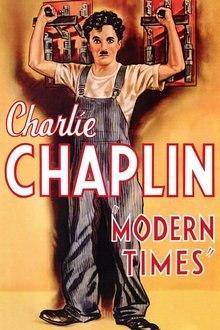
Modern Times (1936)
A bumbling tramp desires to build a home with a young woman, yet is thwarted time and time again by his lack of experience and habit of being in the wrong place at the wrong time..
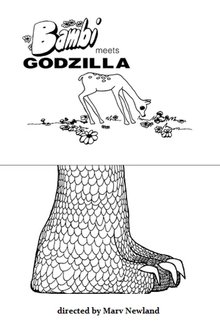
Bambi Meets Godzilla (1969)
Bambi is nibbling the grass, unaware of the upcoming encounter with Godzilla. Who will win when they finally meet? Preserved by the Academy Film Archive in 2009.

Cameo Kirby (1914)
Cameo Kirby is a 1914 American drama silent film directed by Oscar Apfel and written by Clara Beranger and William C. deMille. The film stars Dustin Farnum, Fred Montague, James Neill, Jode Mullally, Winifred Kingston and Dick La Reno. It is based on the play Cameo Kirby by Booth Tarkington and Harry Leon Wilson. The film was released on December 24, 1914, by Paramount Pictures.
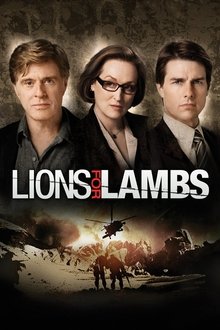
Lions for Lambs (2007)
Three stories told simultaneously in ninety minutes of real time: a Republican Senator who's a presidential hopeful gives an hour-long interview to a skeptical television reporter, detailing a strategy for victory in Afghanistan; two special forces ambushed on an Afghani ridge await rescue as Taliban forces close in; a poli-sci professor at a California college invites a student to re-engage.
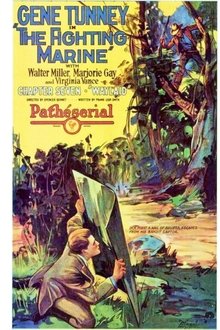
The Fighting Marine (1926)
As a reporter, Dick Farrington is sent to cover an assignment that promises a big story. A lawyer has advertised for an ex-Marine who is a boxer. He makes good beating up a gang of roughnecks picked for the purpose, and secures the mysterious job that is filled with danger. It is to guard the heiress Lady Chatfield, but the hero is told nothing as to the secret in back of it all. Dick poses as Lord Grantmore, wears a monocle, and otherwise acts like a titled Englishman. They proceed to the mining town of Goldbrook, where the heiress is to occupy a mysterious mansion on the occupancy of which hinges a great fortune. The engineer of the mines is deeply interested in thwarting the plans of Lady Chatfield, and with his gang of roughneck miners makes things lively for the pugilist star in a series of fights that are hair raisers.
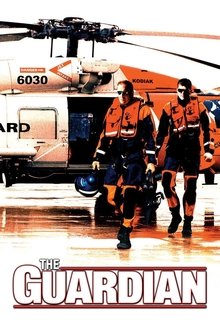
The Guardian (2006)
A high school swim champion with a troubled past enrolls in the U.S. Coast Guard's 'A' School, where legendary rescue swimmer Ben Randall teaches him some hard lessons about loss, love, and self-sacrifice.
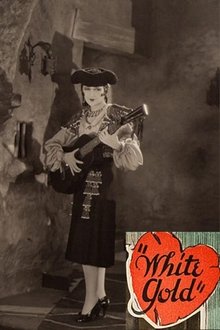
White Gold (1927)
A sheep farmer brings his new wife to his father's ranch and the old man takes an instant dislike to her.
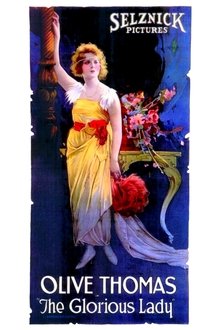
The Glorious Lady (1919)
During an annual celebration in which English peasants and aristocrats mingle, the Duke of Loame is thrown from his horse and saved by Ivis Benson, the daughter of a tenant farmer. Both injured, they fall in love, to the dismay of his mother and Lady Eileen, his intended bride.
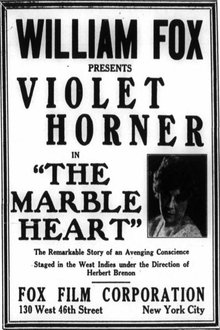
The Marble Heart (1916)
Therese Roger, daughter of a West Indian planter, whose parents are murdered while she is a baby, becomes the adopted daughter of her aunt, Madame Roger, keeper of a haberdashery shop in one of the smaller villages in southern France. She grows up with Camille, Madame Roger's son, a sickly, sexless creature, whom she ultimately marries in deference to her aunt's wishes.

The Towering Inferno (1974)
At the opening party of a colossal—but poorly constructed—skyscraper, a massive fire breaks out, threatening to destroy the tower and everyone in it.
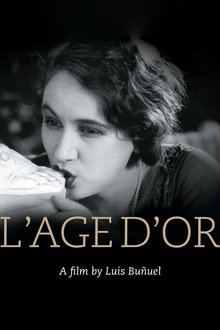
L'Âge d'or (1930)
The film consists of a series of tightly interlinked vignettes, the most sustained of which details the story of a man and a woman who are passionately in love. Their attempts to consummate their passion are constantly thwarted, by their families, by the Church and bourgeois society in general.
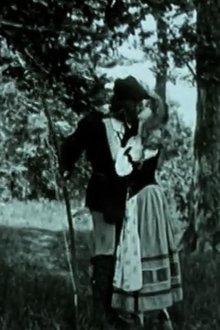
Robin Hood (1912)
Robin Hood is a 1912 film made by Eclair Studios when it and many other early film studios in America's first motion picture industry were based in Fort Lee, New Jersey at the beginning of the 20th century. The movie's costumes feature enormous versions of the familiar hats of Robin and his merry men, and uses the unusual effect of momentarily superimposing images different animals over each character to emphasize their good or evil qualities. The film was directed by Étienne Arnaud and Herbert Blaché, and written by Eustace Hale Ball. A restored copy of the 30-minute film exists and was exhibited in 2006 at the Museum of Modern Art in New York City.
